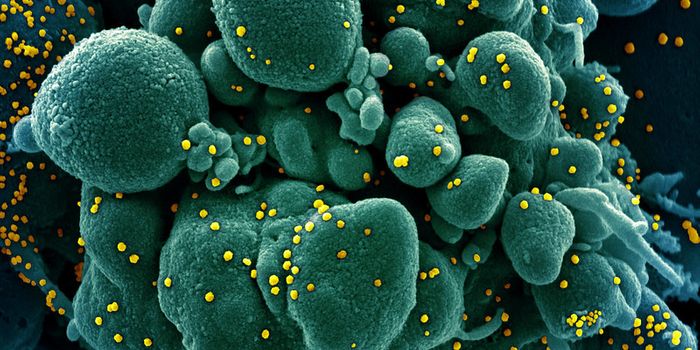Genetic Tool Predicts Breast Cancer Risk in Women of Asian Ancestry
Many diseases such as breast cancer have both a strong genetic component, coupled with a variety of environmental factors. This role that genetics plays in the onset of cancer is of particular interest to researchers for creating predictive diagnostic tools to better identify patients most at risk. A polygenic risk score, or PRS, is one of the ways in which a clinician can assess this risk. These scores are based on the presence of signature genetic variants with known correlations to an elevated risk of disease development.
An international team of scientists from Malaysia, Singapore, and the UK have come together to perform the first and largest study of breast cancer PRS among Asian women, helping to address the ever-rising incidence of the cancer in Asia. To date, existing PRS tools are largely made up of genetic data gathered from women of European descent, making it unclear whether PRS are as effective in predicting breast cancer risk in women of other racial groups.
Co-author and professor at the University of Cambridge’s Department of Public Health and Primary Care, Antonis Antoniou, said, “We have been developing a model for predicting breast cancer risk in European women that includes the PRS and this is now approved for clinical use. This study is the first big step towards enabling the use of such tools in the clinical management of women of Asian ancestry.”
Interestingly, the study revealed that only a third of Malaysian and Singaporean women had PRS scores that mirrored those of European women, highlighting the importance of diversity in genetic studies. Over 45,000 Asian women were evaluated as part of the study.
Women from Asian countries tend to pass on the current guidelines to start regular breast screens after the age of 50, which results in their cancer being detected at later stages when clinical outcomes are poorer. As Nur Aishah Mohd Taib from the Universiti Malaya Cancer Research Institute explains, the survival rates for Asian women from developing countries are disproportionately high. Malaysian women diagnosed with breast cancer have a five-year survival rate of just 63 percent, whereas those from South Korea are at 92 percent.
“Risk-based screening may be particularly important in low- and middle-resource countries that do not have population-based screening, such as Malaysia. Without the funding for population-based screening, identifying individuals with higher risk may be an important strategy for early detection,” said Mohd Taib.
Source: Nature Communications, The University of Cambridge.









